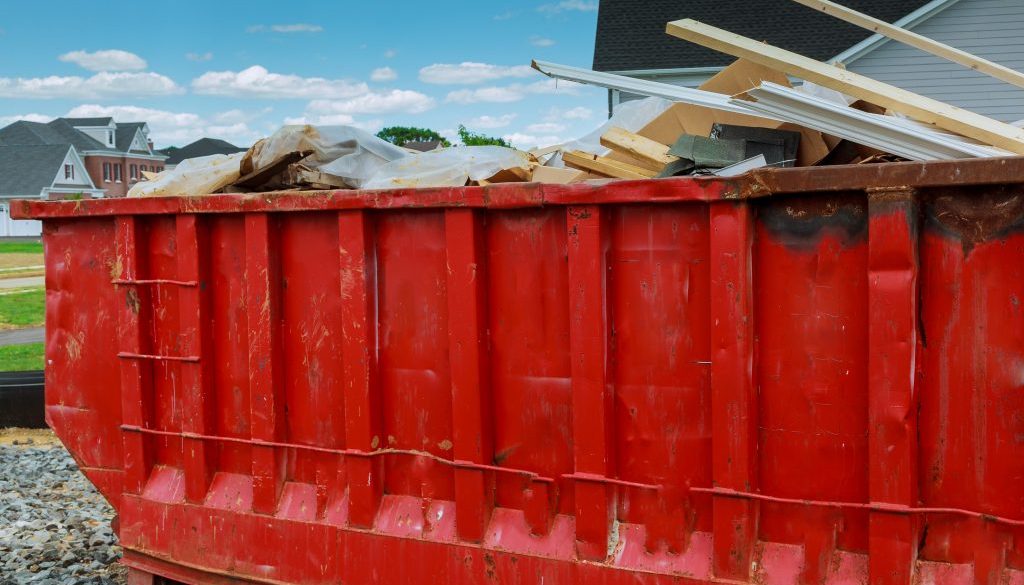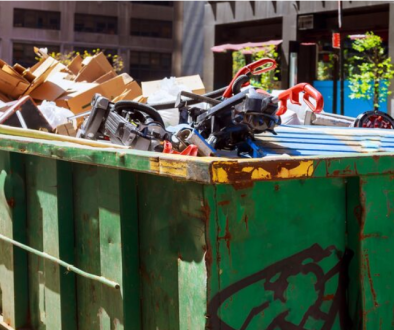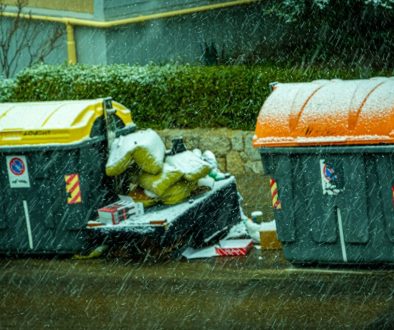Living in a cluttered home can be stressful and frustrating. It can make it hard to find things, reduce your productivity, affect your mental well-being, and overwhelm you. The prospect of decluttering can be daunting, but with the right tips and mindset, it can be a fulfilling and life-changing experience. Here are some of the most notable ones to consider for creating a more organised and stress-free environment:
1. Start Small and Be Consistent
One of the biggest mistakes people make when decluttering is trying to tackle everything at once. Instead, focus on one area or room at a time. Set a consistent decluttering schedule, whether 15 minutes a day or a few hours each weekend. Doing so will help you stay motivated and make progress without overwhelming yourself.
2. Sort Items into Categories
When decluttering, sort items into categories such as ‘keep’, ‘donate/sell’, and ‘throw away’. This will help you decide what to keep and let go of. Be honest with yourself about what you really need and use, and don’t hold onto things out of guilt or sentimentality.
3. Use the ‘One-In, One-Out’ Rule
For every new item you bring into your home, get rid of an old one. This rule will help you maintain a clutter-free environment and prevent the accumulation of unnecessary belongings. It will also encourage you to think twice before purchasing new items and ensure that your possessions remain intentional and purposeful.
4. Take Advantage of Vertical Space
Maximise your storage space by using vertical storage solutions such as shelves, hanging organisers, and over-the-door storage. This will help you make the most of your limited space and keep your belongings organised and easily accessible. You can also use under-bed storage containers and storage ottomans to store items you don’t use frequently and keep them out of sight.
5. Invest in Storage Containers
A storage container can be a great investment for small living spaces. These containers are available in various sizes and shapes, and you can store items you don’t use frequently. Use them to store seasonal items, such as winter clothes or holiday decorations. Storage containers are also a great way to keep your belongings organised and easily accessible.
6. Let Go of Sentimental Items
Letting go of sentimental items can be difficult, but remember that some memories are not tied to physical objects. Instead, focus on your memories with those items and try to let them go if they take up unnecessary space. Consider taking photos of sentimental items to keep the memory alive without having to physically keep the thing.
7. Don’t Hold onto Items You Haven’t Used in over a Year
Just because you haven’t used something in a while doesn’t mean it’s not valuable or important to you, however, if you haven’t used an item in over a year, likely, you won’t use it again. Holding onto these items takes up valuable space in your small living space. Consider donating or selling these items to free up space and declutter your home.
8. Clean Out Your Wardrobe Seasonally
An overflowing wardrobe is one of the biggest culprits of clutter. To keep your closet organised and clutter-free, make it a habit to clean it out seasonally. Go through your clothes and get rid of anything that you haven’t worn in the past year, doesn’t fit, or is damaged beyond repair. Donate clothes that are still in good condition or sell them online.
9. Digitise Your Documents
In a small living space, paper clutter can quickly take over. To keep it organised and clutter-free, consider digitising your important documents. Scan or take pictures of your documents and save them to a cloud-based storage system or an external hard drive. This not only saves space but also makes it easier to find your documents when needed.
10. Have a Designated Spot for Everything
Assign a spot for everything to maintain an organised and clutter-free living space. This means finding a specific place for each item in your home and ensuring it always goes back when not in use. This can be challenging for small living spaces, but it’s possible with some creativity and organisation. Use storage baskets, shelves, and organisers as designated spots for everything from shoes to kitchen utensils.
11. Use the ‘Four-Box’ Method
When decluttering, consider using the ‘four-box’ method to sort items into categories: keep, donate, sell, and trash. This helps you make quick decisions about what to do with each item and ensures you’re not holding onto things you no longer need. Label each box accordingly and set a timer for a designated amount of time (i.e. 30 minutes) to help you stay focused and avoid getting overwhelmed.
12. Get Rid of Duplicates
Having duplicates of items in your home can lead to unnecessary clutter and take up valuable space. Take inventory of your belongings and identify any duplicates you may have, such as multiple kitchen appliances or clothing items. Consider donating or selling the duplicates to free up space and simplify your belongings.
13. Purge Your Pantry
Go through your pantry and remove any expired or stale food items. Donate any non-perishable items that are still good to consume but that you know you won’t use. This will not only help declutter your kitchen but also make it easier to find the items you need when cooking or meal planning.
14. Schedule a Regular Decluttering Session
Make decluttering a regular part of your routine by scheduling a specific time each month or season to go through your belongings and remove anything you no longer need or use. This can help prevent clutter from building up over time and make maintaining a tidy and organised home easier. Set a reminder on your calendar or phone to ensure you don’t forget to declutter regularly.
15. Seek Professional Help If Necessary
If you are struggling to declutter on your own, consider seeking professional help. A professional organiser or decluttering coach can provide guidance and support to help you let go of items and create a more organised home. They can also offer tips and strategies to prevent clutter from building up in the future.
Key Takeaway
Decluttering a house can be a daunting task, but it is important for creating a peaceful and organised home. By following these tips, you can make the process easier and more manageable. Always start small, focus on one area at a time, and be mindful of what you keep and let go of. With patience and persistence, you can create a clutter-free environment that promotes peace and relaxation.
At Enviro Skip Hire, we understand the importance of decluttering for a cleaner and more sustainable environment. Our skip-hire services can help you dispose of unwanted items and materials responsibly. Contact us today to hire a skip!




